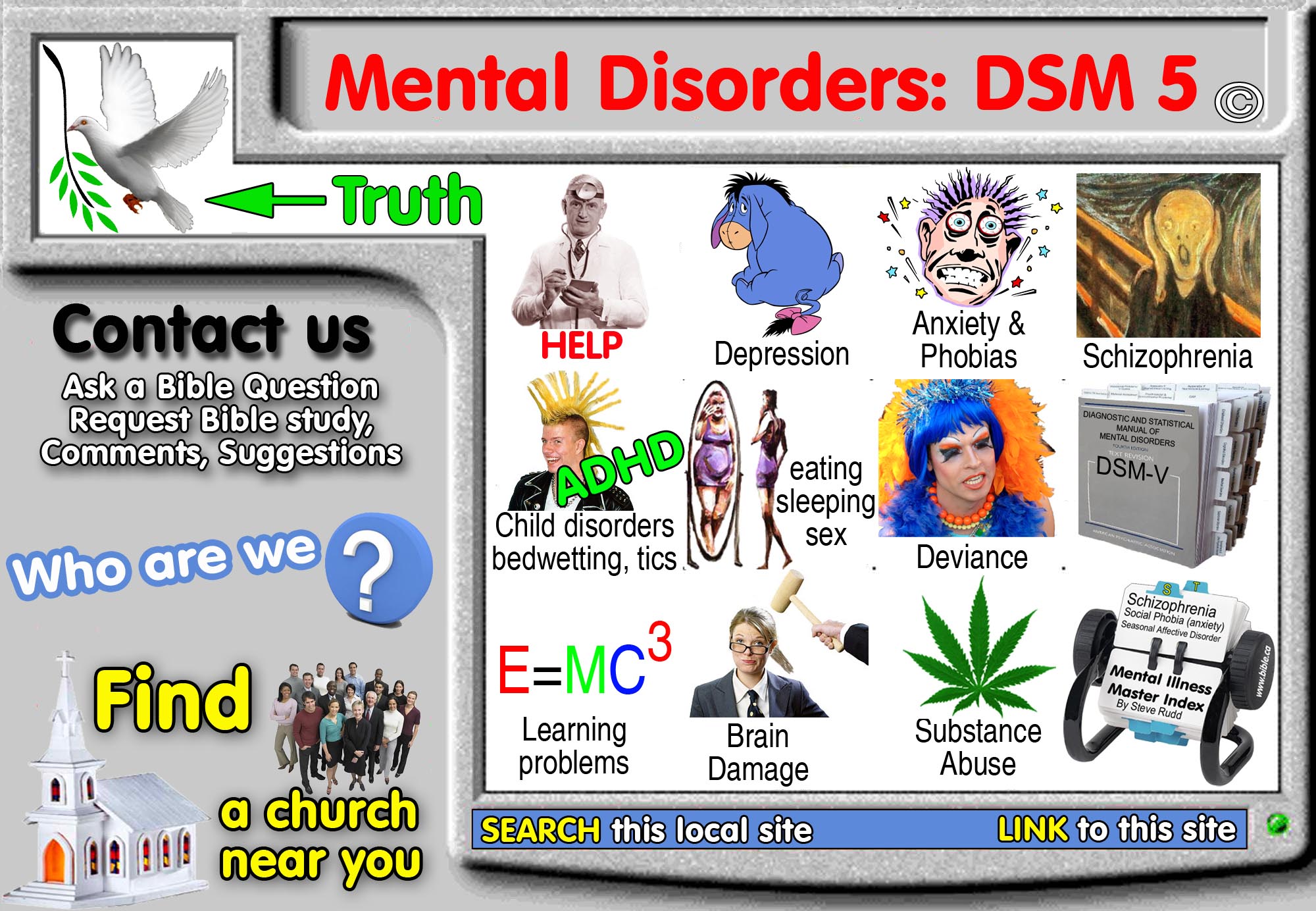Undertaker of the mind:
John Monro and mad-doctoring in eighteenth-century England
Jonathan Andrews and Andrew Scull
2001 AD
|
|
Introduction:
"Monro's attendance (as well as his father's) on Alexander "the Corrector" Cruden, the famous compiler of a Bible concordance that re-mains in print to this day, brought him notoriety of a different sort: a torrent of published criticisms from the disaffected patient that constituted one of the first examples of a persistent tradition of protest literature directed against the claims of mad-doctoring (and, later, psychiatry) to be engaged upon a therapeutic enterprise. The case is examined here (in chapter 3) as part of the tangled set of relationships between religion and insanity in this period: in particular, between those who appeared to suffer from this especially problematic admixture, and the doctors, divines, and laymen who, alternately, ministered to and vilified them. The Monros' tendencies to stigmatize religious enthusiasts as crazy, and their medical treatment of Methodist madmen, was to bring down opprobrium on their heads from the movement's leaders, John Wesley and George Whitefield. (Sympathy for popular religious enthusiasm was in rather short supply among the ultra-orthodox "Bethlemeical" physicians, with their family history of high Anglican, Tory, and Jacobite sympathies.)" (Undertaker of the mind: John Monro, Jonathan Andrews, Andrew Scull, 2001 AD, p xv)
"John Monro was without question one of the most famous mad- doctors of his generation. Besides his position at Bethlem Hospital, he was also a major figure in the emerging private "trade in lunacy" 5 that was so notable a feature of eighteenth-century England's burgeoning consumer society. Monro attended Bethlem at a time when the hospital's custom of exposing the insane to the eyes of sightseers reached its apogee. In the last years of his tenure as its physician, the practice was radically curtailed—though not at his initiative—after a wave of public, literary, and media protest. Recognized by contemporaries as a leading authority on insanity, Monro's close social connections with members of the aristocracy and gentry, as well as with medical professionals, politicians, and divines, ensured for him a significant place in the social, political, cultural, and intellectual world of his time." (Undertaker of the mind: John Monro, Jonathan Andrews, Andrew Scull, 2001 AD, p xiv)
(Undertaker of the mind: John Monro, Jonathan Andrews, Andrew Scull, 2001 AD)
By Steve Rudd: Contact the author for comments, input or corrections.
Send us your story about your experience with modern Psychiatry

